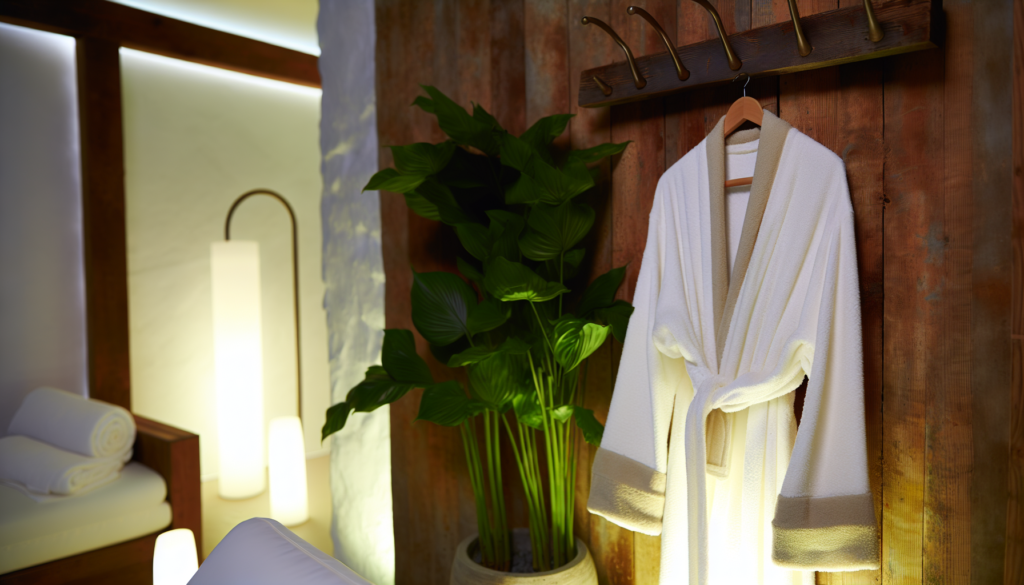Korean skincare has gained worldwide recognition for its innovative approaches and gentle formulations. For those with sensitive skin, navigating the beauty world can feel like walking through a minefield – one wrong product and your skin might react in uncomfortable ways. Fortunately, Korean skincare philosophy emphasizes nurturing and protecting the skin barrier, making it particularly well-suited for sensitive complexions. With an emphasis on hydration, gentle ingredients, and consistent routines, Korean skincare tips for sensitive skin can transform your daily regimen from a source of anxiety to a soothing ritual. Let’s explore the wisdom from the land that brought us glass skin and discover how to adapt these practices for even the most reactive skin types.
Understanding Sensitive Skin: The Korean Perspective
Korean skincare approaches sensitive skin as something to be respected, not fought against. In Korea, skincare isn’t just about resolving problems but preventing them in the first place. This preventative philosophy works wonderfully for sensitive skin types, which need extra care to maintain balance.
The Korean approach recognizes that sensitive skin often has a compromised skin barrier – the protective outer layer that keeps moisture in and irritants out. When this barrier is weakened, skin becomes reactive, red, and uncomfortable. Rather than using harsh treatments that might temporarily fix one issue while creating others, Korean skincare focuses on strengthening this natural protection system.
Tip #1: Double Cleansing with Ultra-Gentle Formulas
Double cleansing might sound excessive for sensitive skin, but when done correctly, it’s actually gentler than scrubbing away with a single harsh cleanser. The Korean method involves using an oil-based cleanser first to dissolve makeup, sunscreen and excess sebum, followed by a water-based cleanser to remove water-soluble impurities.
For sensitive skin, the key is choosing the right products:
Remember to pat, not rub your face when cleansing. Gentle motions make a world of difference for reactive skin types.
Tip #2: Embrace Toners That Hydrate, Not Strip
Forget everything you know about Western-style astringent toners. Korean toners (sometimes called “skin” or “refreshers”) are completely different animals. Instead of drying alcohol-based formulas, they’re typically watery, hydrating preparations that restore pH balance and prepare skin for the next steps in your routine.
For sensitive skin, look for toners containing:
Apply toner by gently pressing it into your skin with your palms rather than using a cotton pad, which can cause unnecessary friction.
Tip #3: Layer Hydration with the “7-Skin Method” Adaptation
The popular Korean “7-skin method” involves applying seven layers of toner for intense hydration. For sensitive skin, try a modified approach with 3-4 layers of a gentle, fragrance-free toner. This technique allows hydration to build gradually without overwhelming your skin.
Why does this work? Sensitive skin is often dehydrated skin, and proper moisture levels actually help strengthen your skin’s protective barrier. When your skin is well-hydrated, it’s less likely to react negatively to environmental triggers.
Tip #4: Introduce Gentle Exfoliation – With Caution
While many people with sensitive skin avoid exfoliation entirely, Korean skincare advocates for occasional, extremely gentle exfoliation. The key word here is gentle – no harsh scrubs or strong acids.
Sensitive Skin-Friendly Exfoliants:
Limit exfoliation to once weekly at first, and always follow with extra hydration and soothing ingredients.
Tip #5: Harness the Power of Centella Asiatica (Cica)
If there’s one ingredient that dominates Korean sensitive skincare, it’s Centella Asiatica. This ancient medicinal herb (also called Cica) has remarkable anti-inflammatory, wound-healing, and barrier-strengthening properties.
Look for products labeled with “Cica,” “Centella,” or “Madecassoside” (one of its active components). These products are specifically formulated to calm irritation, reduce redness, and support your skin’s natural healing processes.
Tip #6: Embrace Snail Mucin for Repair
It might sound unusual, but snail mucin (the slime snails produce) has become a staple in Korean skincare – especially for sensitive, damaged skin. This naturally occurring substance contains glycoproteins, hyaluronic acid, and glycolic acid that help repair skin damage while providing hydration.
What makes it ideal for sensitive skin is its gentle yet effective nature. Snail mucin rarely causes reactions and can actually help soothe existing irritation while supporting your skin barrier’s repair process.
Tip #7: Practice “Skip-Care” When Needed
While Korean skincare is famous for its multi-step routines, there’s also a concept called “skip-care” – the practice of using only what your skin needs and skipping what it doesn’t. For sensitive skin days (we all have them!), simplifying your routine can be the kindest approach.
On reactive days, consider scaling back to just:
Listen to your skin and adjust accordingly. Some days it might tolerate more products, while other days it needs minimal intervention.
Tip #8: Never Skip Sunscreen – But Choose Wisely
Sun protection is non-negotiable in Korean skincare, but the type of sunscreen matters tremendously for sensitive skin. Korean brands excel at formulating gentle, cosmetically elegant sunscreens that don’t irritate.
Look for mineral-based formulations with titanium dioxide or zinc oxide rather than chemical filters, which are more likely to cause reactions. Many Korean sunscreens also incorporate soothing ingredients like centella or green tea to counteract potential irritation.
Tip #9: Consider Fermented Ingredients
Fermentation is a cornerstone of Korean skincare innovation. The process breaks down ingredients into smaller molecules that penetrate skin more easily and often creates new beneficial compounds.
For sensitive skin, fermented ingredients can be remarkably gentle while still delivering powerful benefits. Products containing fermented rice water, soybean, or green tea may help strengthen your skin barrier with less risk of irritation than their non-fermented counterparts.
Tip #10: Practice Consistent, Mindful Application
The final and perhaps most important Korean skincare tip for sensitive skin doesn’t involve any particular product but rather how you approach skincare overall. Korean skincare emphasizes:
This mindful approach minimizes unnecessary friction and irritation while maximizing product effectiveness.
Conclusion
Sensitive skin requires special attention, and Korean skincare tips for sensitive skin provide a thoughtful framework that respects your skin’s unique needs. By focusing on gentle cleansing, strategic hydration, and barrier-supporting ingredients, you can build a routine that soothes rather than aggravates your skin concerns. Remember that consistency is key – give your new routine at least 4-6 weeks before expecting significant changes. Your skin’s barrier needs time to strengthen and heal. With patience and the right products, even the most sensitive skin can achieve that coveted Korean glow without the irritation. Have you tried any of these Korean skincare approaches for your sensitive skin? Your skin journey is unique, but incorporating these gentle yet effective techniques might just be the turning point your sensitive skin has been waiting for.







